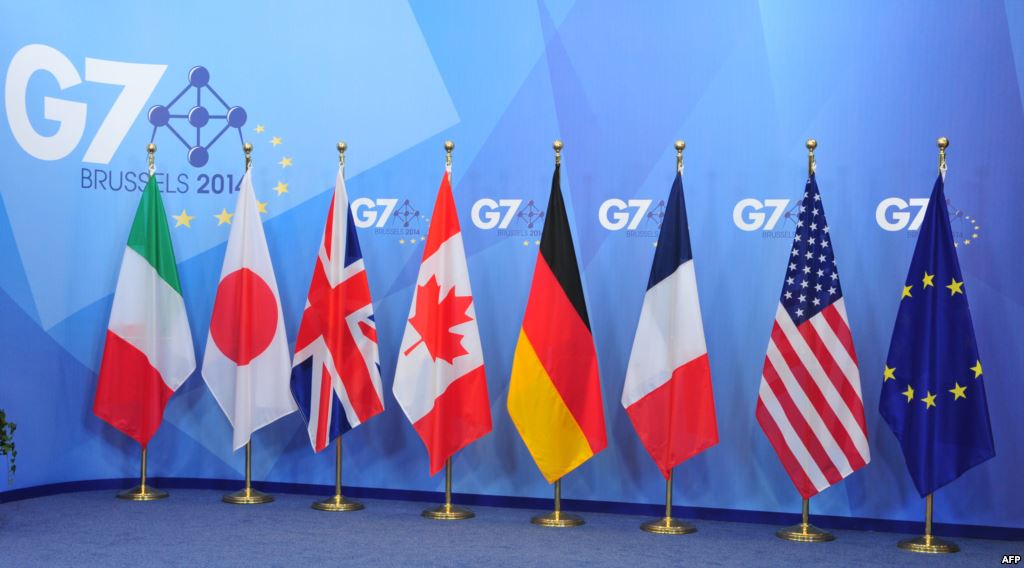Bank of England governor Mark Carney said that the central bank is ‘well prepared’ for Britain’s future following the nation’s vote for Brexit.
“Inevitably, there will be a period of uncertainty and adjustment following this result,” the governor said.
It will also take some time for the UK to build new relationships with Europe and the rest of the world. But Carney said that the Treasury and the Bank of England have engaged in extensive contingency planning.
He stressed that the BoE “will not hesitate” to take any additional measures as the UK economy moves forward.
Statement from the Governor of the Bank of England following the EU referendum result:
“These adjustments will be supported by a resilient UK financial system – one that the Bank of England has consistently strengthened over the last seven years.”
The capital requirements of Britain’s biggest banks are currently ten times higher than before the crisis.
“The Bank of England has stress tested them against scenarios more severe than the country currently faces. As a result of these actions, UK banks have raised over £130bn of capital, and now have more than £600bn of high quality liquid assets,” Carney said.
He added that the economy “will adjust to new trading relationships that will be put in place over time. It is these public and private decisions that will determine the UK’s long-term economic prospects.”
“The best contribution of the Bank of England to this process is to continue to pursue relentlessly our responsibilities for monetary and financial stability. These are unchanged.
“We have taken all the necessary steps to prepare for today’s events. In the future we will not hesitate to take any additional measures required to meet our responsibilities as the United Kingdom moves forward.”
The G7 central banks have also taken steps to ensure adequate liquidity and to support the functioning of markets.

Osborne said that he has had talks about the market consequences with G7 finance ministers and will do “all he can” to make it work.
The G7 finance ministers and central bank governors said in a joint statement that they “respect the intention expressed by the people of the United Kingdom to exit from the European Union.”
They added that they will work together and support markets as “excessive volatility and disorderly movements in exchange rates can have adverse implications for economic and financial stability.”
“We affirm our assessment that the UK economy and financial sector remain resilient and are confident the UK authorities are well-positioned to address the consequences of the referendum outcome,” the G7 statement said.
The G7 countries include the United States, Canada, France, Germany, Italy, Japan, and the United Kingdom.
Source – Bank of England, ‘Statement from the Governor of the Bank of England following the EU referendum result’
